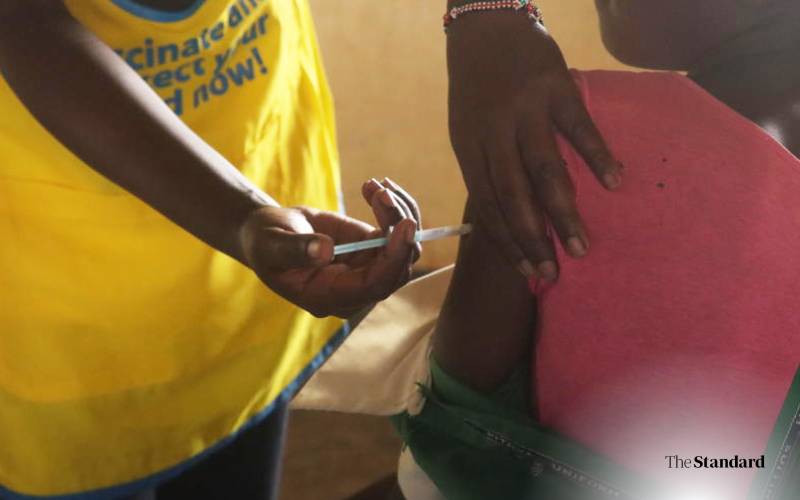
Hospital wards, meant to be sanctuaries of healing, may also be breeding grounds for drug-resistant bacteria, thanks to an unexpected culprit—flies. New research suggests that these seemingly innocuous insects could be spreading anti-microbial-resistant pathogens among patients, posing a significant threat to global health.
A study conducted by the Ineos Oxford Institute for Antimicrobial Research (IOI) in collaboration with Nigerian researchers has revealed alarming findings: houseflies in hospitals carry bacteria resistant to key antibiotics, including those used as last-resort treatments. This raises concerns over antimicrobial resistance (AMR), a global crisis expected to claim over 39 million lives by 2050.
Scientists collected 1,396 flies from eight hospitals across six Nigerian cities—Abuja, Enugu, Kaduna, Kano, Lagos, and Sokoto—using sticky traps. Analysis of these flies uncovered 17 different bacterial species, including Staphylococcus aureus, a common cause of hospital-acquired infections. Many of these bacteria carried genes linked to antimicrobial resistance.
Facts First
This story continues on The Standard INSiDER. Subscribe now for unfiltered journalism that holds power to account.
Already have an account? Login
 The Standard Group Plc is a multi-media organization with investments in media
platforms spanning newspaper print
operations, television, radio broadcasting, digital and online services. The
Standard Group is recognized as a
leading multi-media house in Kenya with a key influence in matters of national
and international interest.
The Standard Group Plc is a multi-media organization with investments in media
platforms spanning newspaper print
operations, television, radio broadcasting, digital and online services. The
Standard Group is recognized as a
leading multi-media house in Kenya with a key influence in matters of national
and international interest.











